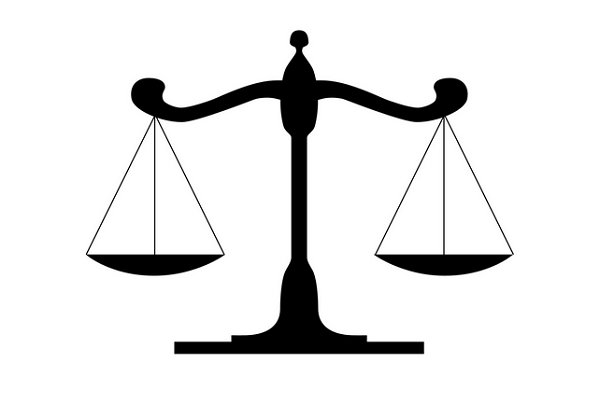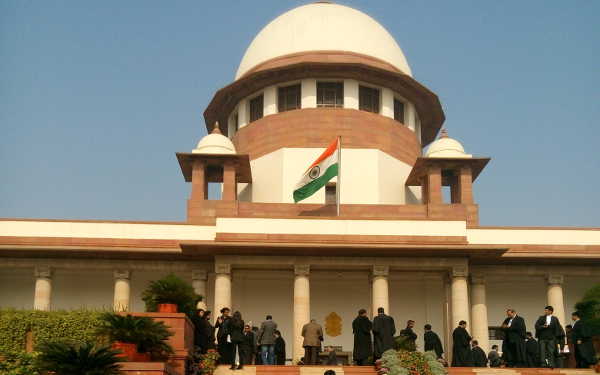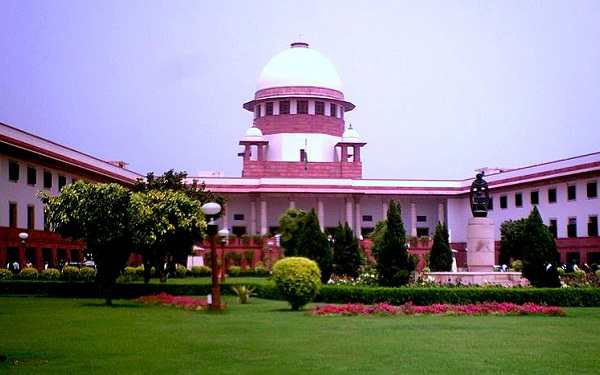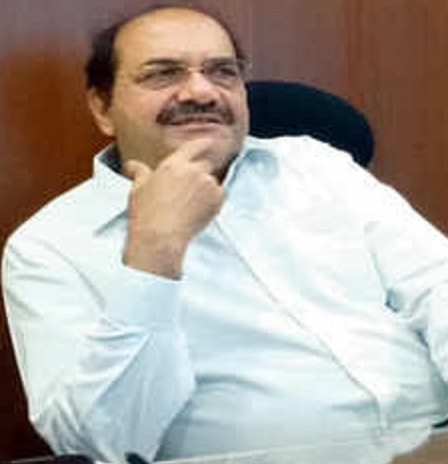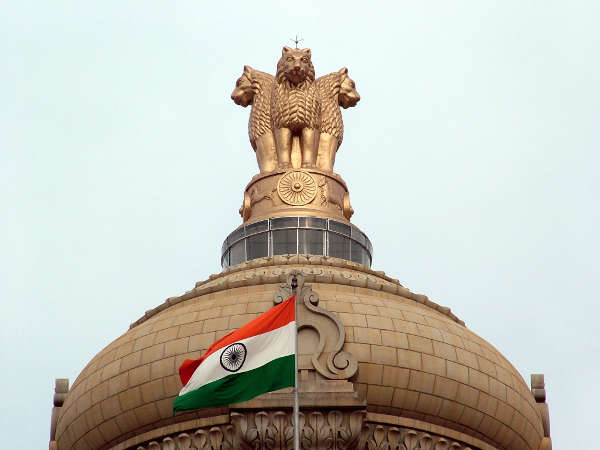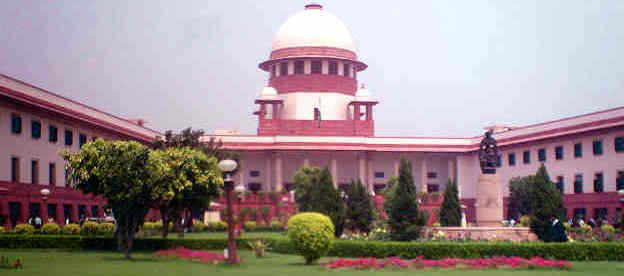I. Preface: According to Section 2 (1) (o) of the Consumer Protection Act, 1986, the term ‘service’ means service of any description which is made available to potential users and includes, but not limited to the provision of facilities in connection with banking, financing, insurance, transport, processing, supply of electrical or other energy, board or lodging or both, housing construction, entertainment, amusement or the purveying of news or other information, but does not include the rendering of any service free of charge or under a contract of personal service. Thus, the definition of the term ‘service’ as per the Consumer Protection Act, 1986 is not only broad and elastic but is rather extensive and far-reaching. Deliberating upon the concept of ‘deficiency in service’, the Hon’ble Supreme Court of India in the matter of: Consumer Unity and Trust Society v. Bank of Baroda, (1997) 2 Comp LJ 192 (SC), held that, ‘deficiency’ means any fault, imperfection, shortcoming or inadequacy in the quality, nature and manner of performance which is required to be maintained by or under any law for the time being in force or has been undertaken to be performed by a person in pursuance of a contract or otherwise in relation to any service.


